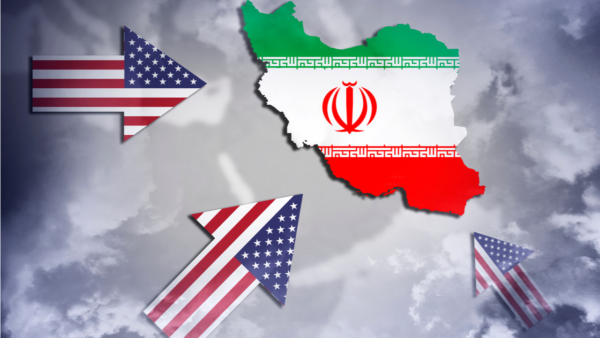Ya Libnan Editorial
In recent history, America’s involvement in prolonged conflicts has had significant and far-reaching consequences. Just as former Israeli Prime Minister Ariel Sharon influenced the inexperienced former U.S. President George W. Bush to initiate the Iraq War, current Israeli Prime Minister Benjamin Netanyahu attempted to persuade the U.S. Congress to consider military action against Iran during his address last Wednesday. It is crucial to reflect on the lessons of the Iraq War to understand the potential dangers of engaging in another endless conflict.
The Iraq War, which claimed more than 4,600 American lives and countless Iraqi lives, had a staggering cost. The United States spent trillions of dollars, only to see the Middle East destabilized further. This instability ultimately benefited Iran’s aggressive and expansionist agenda, allowing it to capture significant political and military institutions in Baghdad, Damascus, Beirut , Sana’a and Gaza Despite its tremendous cost, the war weakened America’s geostrategic position and damaged its national credibility.
Colonel Douglas Macgregor warned in a recent YouTube video that a war against Iran could have even more catastrophic consequences. Such a conflict could draw in major powers like Russia and China, potentially escalating into a global confrontation—the very endless third world war that many have feared. The stakes are higher than ever, and the potential for widespread destruction is immense.
In addition to the geopolitical and human costs, it is essential to consider the economic impact of such a war. America’s debt is already costing taxpayers $2.4 billion a day in interest alone. Engaging in another protracted conflict would exacerbate this burden, creating a catastrophic situation for the U.S. economy and future generations. The financial strain of endless wars diverts resources from critical domestic programs, infrastructure, and innovation, undermining the nation’s long-term prosperity.
America must heed these warnings and prioritize diplomacy and strategic caution over military intervention. The lessons of the Iraq War serve as a stark reminder of the perils of endless wars. Instead of repeating past mistakes, the United States should focus on building alliances, promoting stability through peaceful means, and addressing global challenges without resorting to armed conflict.
US President Joe Biden warned Netanyahu last October about not repeating the US mistakes
He reportedly told him right after the October 7 attack by Hamas “don’t make the same mistake we did going after bin Laden. ” “Don’t try— the idea of occupying Afghanistan, the idea that you had nuclear arsenals in Iraq, that were being generated, simply not true. And it led to endless wars. They were not true. Don’t make the mistakes we made. And they’re making that mistake, I think, ” he told the Times in an interview last month.
Netanyahu was reportedly hoping to pressure Biden before the election to go to war against Iran, but after Biden decided to quit the presidential race and pass the torch to VP Pamela Harris, Netanyahu changed his strategy by trying to convince the Congress and former president and Republican presidential candidate Donald Trump to go to war against Iran.
Harris decided. To skip Netanyahu’s address to the Congress and told him during their meeting at the White House to end the war in Gaza and the sufferings of the Palestinian civilians and she stressed that she will “not be silent on this”
Trump also told him before their meeting to finish the war in Gaza .
In conclusion, the cost of endless wars is too high. The human, financial, and geopolitical tolls are profound and lasting. By learning from the past and approaching international relations with a commitment to peace and diplomacy, America can avoid the pitfalls of perpetual warfare and work towards a more stable and secure world. It is time to wake up to the reality of our economic constraints and prioritize the well-being of future generations over the pursuit of unnecessary conflicts.


Leave a Reply
You must be logged in to post a comment.